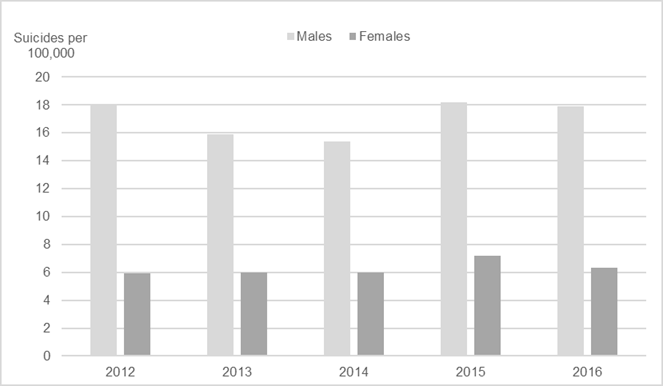
Struggle academically or have experienced a recent decline in grades.Are not interested in playing with other children or have difficulty making friends.Sleep too much or too little, have frequent nightmares, or seem sleepy during the day.Are in constant motion and cannot sit quietly (except when they are watching videos or playing video games).Complain about frequent stomachaches or headaches with no known medical cause.Have frequent tantrums or are intensely irritable much of the time.Young children may benefit from an evaluation and treatment if they: If your child’s behavior is unsafe, or if your child talks about wanting to hurt themselves or someone else, seek help immediately. How can you tell the difference between challenging behaviors and emotions that are a normal part of growing up and those that are cause for concern? In general, consider seeking help if your child’s behavior persists for a few weeks or longer causes distress for your child or your family or interferes with your child’s functioning at school, at home, or with friends. Many adults who seek mental health treatment reflect on the impact of mental disorders on their childhood and wish they had received help sooner.
#CLIP CHILD MENTAL HEALTH PDF INFO SHEET FULL#
Without treatment, these mental health conditions can prevent children from reaching their full potential. Examples include anxiety disorders, attention-deficit/hyperactivity disorder (ADHD), autism spectrum disorder, depression and other mood disorders, eating disorders, and post-traumatic stress disorder (PTSD). However, such behaviors may indicate a more serious problem in some children. In most cases, these are just typical developmental phases. All children are sad, anxious, irritable, or aggressive at times, or they occasionally find it challenging to sit still, pay attention, or interact with others. Even under the best circumstances, their behaviors and emotions can change frequently and rapidly. Research Training and Career Development Opportunities.Research Conducted at NIMH (Intramural Research Program).



 0 kommentar(er)
0 kommentar(er)
